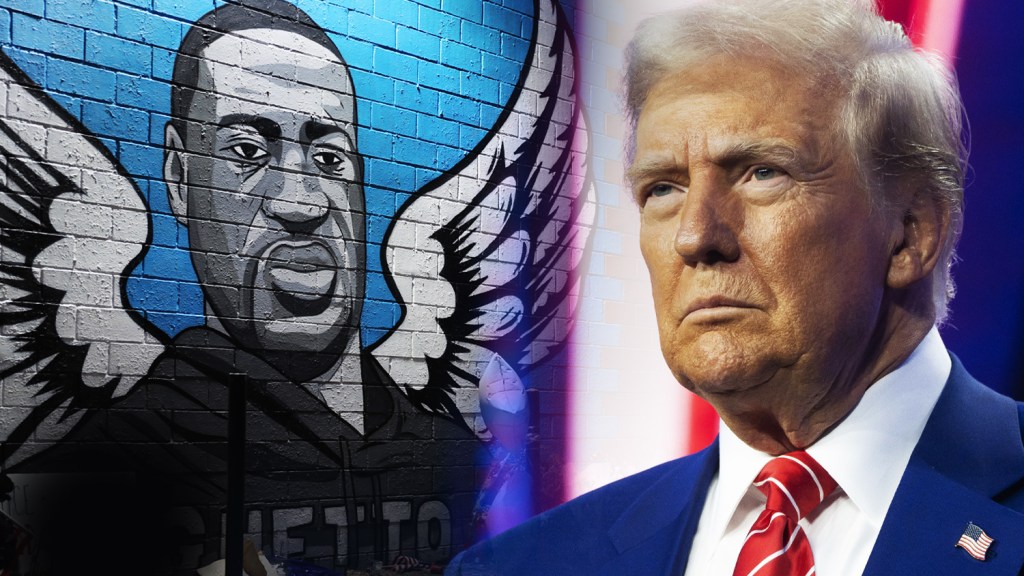Editors note: John Ridley is the Oscar-winning 12 Years a Slave writer, writer-director of Five Days at Memorial, and the Eisner-nominated writer of the DC graphic novel series GCPD: The Blue Wall. He also hosts with Matt Carey the Deadline podcast Doc Talk, and occasionally contributes guest columns.
I’m kinda surprised/not surprised that people are so … surprised about the corporate retreat from the DEI programs that they themselves put in place in the wake of the 2020 assassination of Mr. George Floyd. In all corners of the business world corporations are literally waving the “white” flag with regard to insuring the spaces in which we work better reflect the world in which we live. That it’s happening in businesses outside of Hollywood is sad — seriously, the concept of ending racism is suddenly so toxic that it’s no longer not just society’s end game. It’s not allowed in the end zone?
But the Dunkirk-ing of DEI in some circles in Hollywood is sadly ironic. It’s Hollywood that helped give national prominence to our current person in the Oval Office (closest I can come to saying it). While there are some in business — despite the fear of corrupt prosecution — still willing to fight the fight, there are as many others who are willing to duck and cover. And to be clear, whipping on chains and getting a perm doesn’t make your cowardice look any more cool.
But still, why the surprise over Hollywood saying good-bye to DEI? First and foremost, they didn’t need the election to start getting weak in the knees. Hollywood has been doing a slow shuffle away from a commitment to equitable workspaces way before the last election. And as far as breaking promises to the marginalized…? We’re talking about America. Rolling back civil rights is in our DNA. The Corrupt Bargain of 1877 basically shut down the franchisement of Southern Blacks by pulling the plug on Reconstruction barely 12 years after the end of the Civil War.
The gains in school integration from Brown v. Board of Education peaked waaaaay back in 1988. Schools are as segregated now as they were in the 1960s.
Those failings were, of course, on the federal level. A lot of these companies will say their business is just to be in business and not favor one side over the other. Except isn’t capitulation the same as favoritism? Or do they really look at the calls for hope and calls for hate as being the same?
But, again, as somebody who loves history, none of this is surprising to me. So this post here, though I’ve referenced the past, isn’t about what’s already happened. It’s also not about the present, even though all of us are trying to endure the moment.
This is a missive for the future. For the next time. To all the suits who are pink-slipping the promises you offered up to us: The next time there is generational pain among the marginalized — and trust me, there will be a next time — don’t come to us with your empty talk of change. Don’t show up with your focused-grouped slogans about us “all standing as one” and how we’re “better together” right before you flash your corporate logo. In our current rearview mirror we can see that for what it was: nothing but a cash grab disguised as empathy.
When there are voices here in Hollywood — voices who are outside of the prevailing culture but who need to create, need to speak out, need to speak up so that ALL OF US CAN BE SEEN…. Next time don’t tell us how “this time” is going to be different from last time ‘cause we are living through “last time” right now.
You want to be there for us, be there. But being there isn’t a marketing ploy, or a fad, or this year’s copy of last year’s hit show. It is a commitment to stand and fight irrespective of the consequences ‘cause
the fight is right.
You know, like in the movies. Except … for real.



